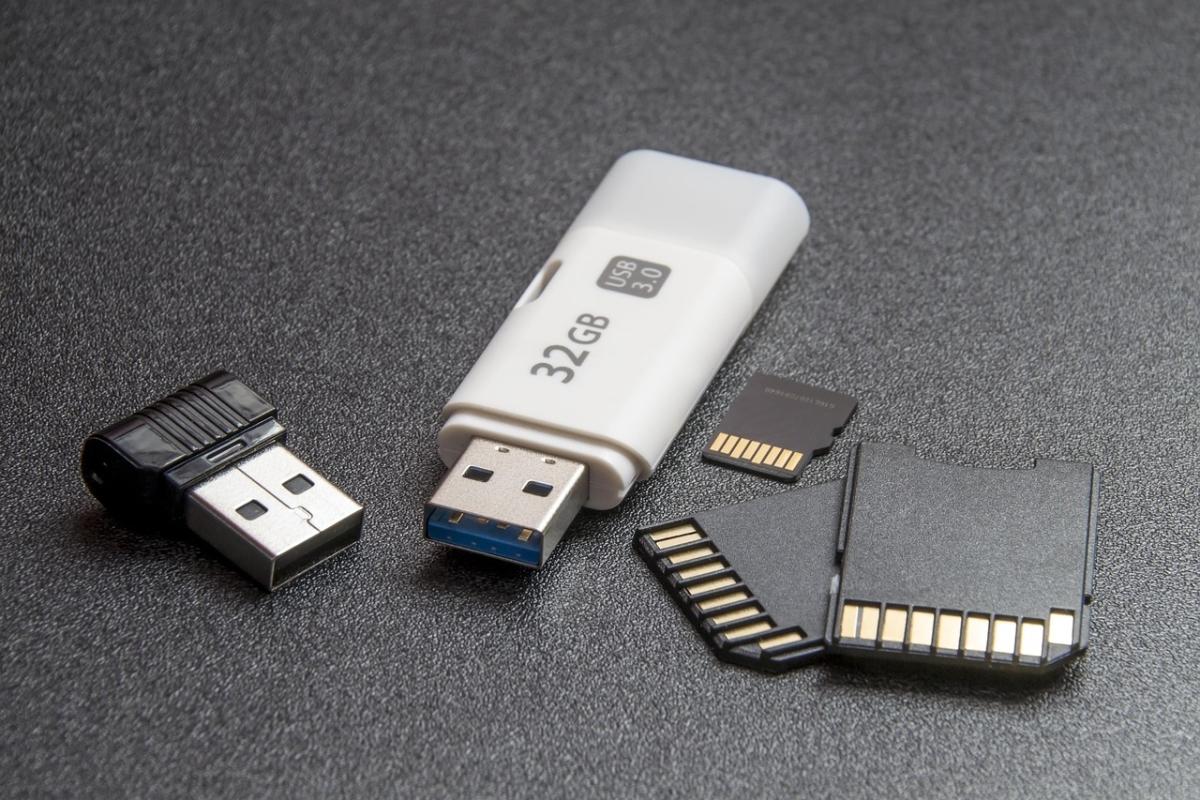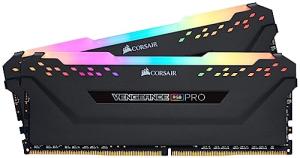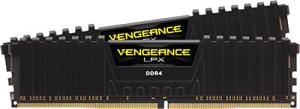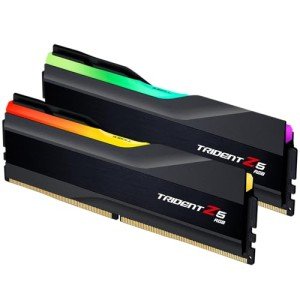Memory errors can undermine system accuracy and stability in data‑intensive environments. Technologies such as Error‑Correcting Code (ECC) memory and advanced error correction algorithms are essential to ensure data integrity and reduce system crashes in high‑performance PCs.
ECC memory detects and corrects single‑bit errors automatically and can detect multi‑bit errors, thereby enhancing system reliability. Advanced error correction algorithms in modern chipsets provide an additional layer of protection against transient errors. Employ diagnostic tools to monitor error rates and assess the effectiveness of these technologies in real‑world applications.
Implement ECC memory in environments requiring high data accuracy, such as servers and workstations for content creation or scientific computing. Regularly run memory stress tests and audits to identify and correct errors early. Configure system settings to prioritize stability and error correction over sheer speed when data integrity is paramount.
Diagnosing and managing memory errors with ECC and advanced error correction techniques is critical for maintaining reliability in data‑intensive systems. By leveraging these technologies and adhering to best practices, you can enhance system accuracy and longevity.
Comprehensive Guide to ECC Memory & Advanced Memory Error Correction
Extend the lifespan and reliability of your high-performance PC by mastering memory error correction. This guide covers everything from ECC fundamentals to advanced diagnostics and best practices in data-intensive systems.
Introduction
Memory errors—caused by cosmic rays, voltage fluctuations, or hardware aging—can corrupt data, crash applications, and undermine data integrity. In data-intensive systems such as servers, workstations, or scientific compute nodes, these errors are unacceptable. Implementing ECC memory and advanced error correction techniques is the key to preventing silent data corruption and ensuring continuous system reliability.
Why Memory Errors Matter
- Data Loss & Corruption: Even a single bit flip can invalidate entire datasets.
- Unpredictable Crashes: Transient errors disrupt long-running simulations or render jobs.
- Security Risks: Faulty memory may expose sensitive data or trigger undefined behavior.
- Downtime Costs: Unscheduled outages in enterprise environments can be extremely costly.
Understanding ECC & Memory Error Correction
What Is ECC Memory?
Error-Correcting Code (ECC) memory modules embed extra parity bits for every data word. They automatically detect and correct single-bit errors on the fly and can detect (but not correct) multi-bit errors to trigger alerts.
How ECC Works
- Data Write: The memory controller calculates and stores parity bits alongside data.
- Data Read: ECC logic recomputes parity and compares it to stored bits.
- Error Correction: Single-bit mismatches are corrected instantly.
- Error Reporting: Multi-bit errors trigger system logs or automated fail-over actions.
Advanced Error Correction Algorithms
- Scrubbing: Periodic background memory scans detect and correct latent errors before they manifest.
- Chipkill ECC: Distributes ECC data across multiple DRAM chips—surviving the failure of an entire chip.
- RAID-like Memory Protection: Mirrors data across memory channels for full redundancy in mission-critical servers.
Diagnostic Tools & Memory Stress Testing
Stress-Testing Utilities
| Tool | Platform | Key Features |
|---|---|---|
| MemTest86 | Bootable USB | Thorough bit-level scanning, detailed logs |
| Prime95 (Blend Test) | Windows/Linux | CPU + RAM stress, error logging for ECC systems |
| PassMark MemTest | Windows | GUI interface, automated test suites |
| stress-ng | Linux | Customizable stress profiles, scriptable |
Monitoring & Logging
- Hardware Alerts: Enable ECC error reporting in BIOS/UEFI to log corrected and uncorrected errors.
- OS-Level Tools: Use
rasdaemonon Linux or Windows Event Viewer to track ECC events. - Dashboard Integration: Centralize logs via Prometheus, Zabbix, or Nagios for real-time memory diagnostics.
Best Practices for Memory Error Management
- Deploy ECC Memory Where Critical: Ideal for servers and workstations in finance, content creation, or scientific computing.
- Schedule Regular Stress Tests: Run MemTest86 quarterly or after hardware changes.
- Prioritize Stability Over Speed: ECC modules may run at slightly lower clock rates—favor reliability when data integrity is paramount.
- Maintain Firmware & BIOS: Update firmware to gain the latest ECC and scrubbing features.
- Document & Audit: Record error rates, test results, and module serials for capacity planning and warranty claims.
ECC Memory Selection & Compatibility
| Feature | RDIMM ECC | UDIMM ECC | Non-ECC DDR4 |
|---|---|---|---|
| Error Correction | Single-bit + detection | Single-bit | None |
| Registered Buffer | Yes | No | N/A |
| Use Case | Servers, HPC | Workstations | Desktops, Gaming |
| Cost per GB | High | Moderate | Low |
Choose UDIMM ECC for workstations needing error correction without server-grade buffering. Use RDIMM ECC in dual-socket servers or high-density configurations. Verify motherboard support in BIOS documentation.
System Configuration for Error Correction
- Enable ECC in BIOS/UEFI: Look for “ECC Mode” or “Memory Scrub” settings.
- Activate Scrubbing: Schedule daily or weekly memory scrubbing intervals.
- Configure Alerts: Set traps for corrected errors to trigger SNMP traps or email notifications.
- Balance Performance: Enable “Performance Mode” for scrubbing during off-peak windows if supported.
Use Cases: When ECC Is Essential
- Database Servers: Prevent data corruption in large-scale transactional systems.
- Financial Trading Platforms: Guarantee accuracy for sub-millisecond computations.
- Scientific & Engineering Compute: Avoid silent bit flips that invalidate simulations.
- Content Creation & VFX: Ensure frame-by-frame consistency in rendering pipelines.
- Virtualization Hosts: Maintain VM stability when memory is shared across multiple guests.
Recommended ECC Memory Kits
- 16 GB UDIMM ECC DDR4-3200: Ideal for professional workstations.
- 32 GB RDIMM ECC DDR4-2666: Server-grade reliability for dual-socket Xeon systems.
- 64 GB UDIMM ECC DDR5-4800: High capacity for scientific computing and AI workloads.
Explore our ECC Memory Collection for volume discounts, lifetime warranties, and compatibility guarantees.
Conclusion
In data-intensive systems, maintaining system reliability hinges on robust memory error correction. By deploying ECC memory, leveraging advanced algorithms, and conducting routine memory stress tests, you safeguard data accuracy and ensure continuous uptime. Prioritize these practices to fortify your PC or server against silent data corruption and unexpected crashes.






